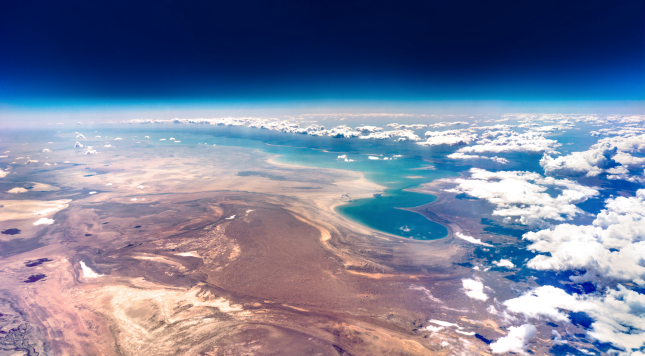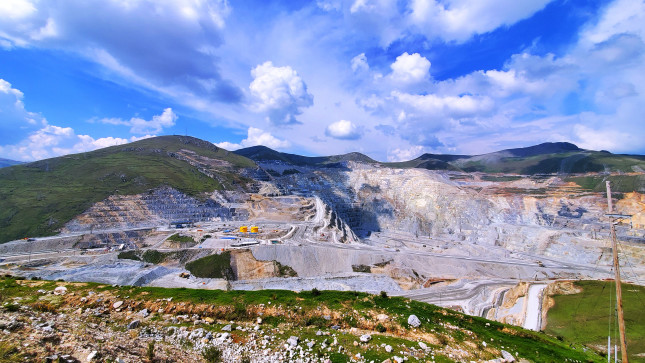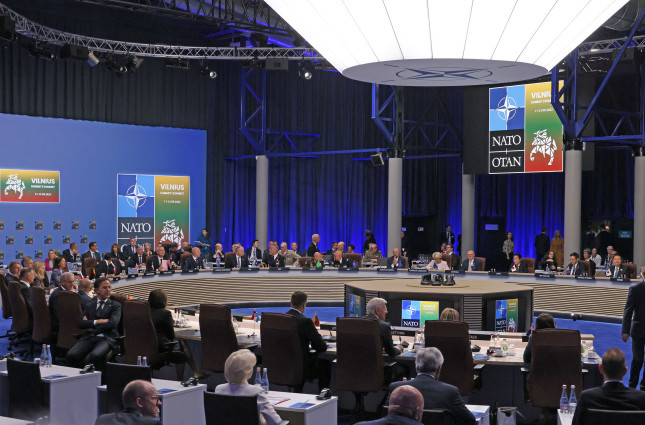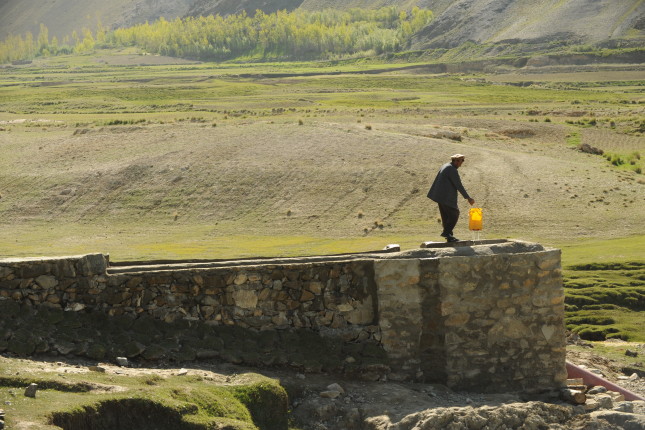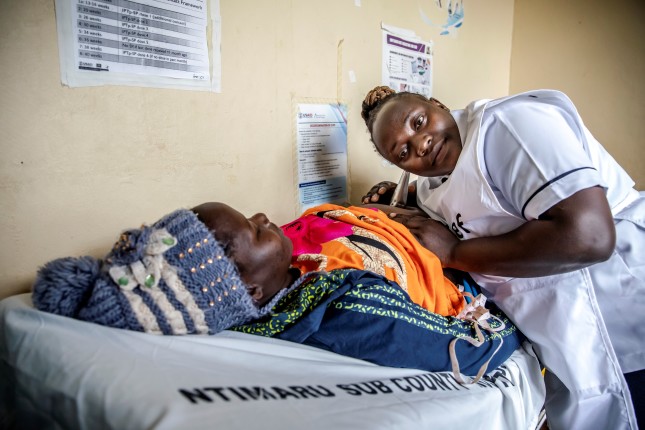-
Ukraine’s Environment Is a Victim of Russian Geopolitics. (Again.)
›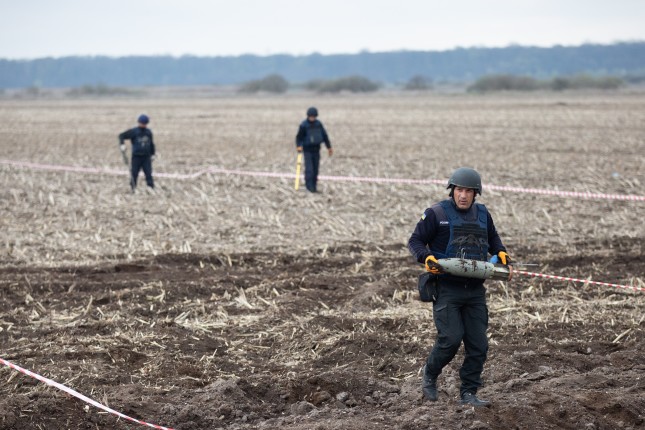
Senior Western officials have received “sobering” reports on the counteroffensive in Ukraine. As both sides continue to rain artillery shells and missiles across the country, Ukrainian forces have struggled to make progress on the front lines in both the south and the east.
Meanwhile, a different but related struggle is occurring across the country. Ukraine’s environment is being poisoned by the by-products of this war; polluting the land, water, and air, and exposing humans, plants, and animals to high levels of toxins.
-
ECSP Weekly Watch | August 14 – 18
›
A window into what we are reading at the Wilson Center’s Environmental Change and Security Program
Thirst for Relief: Prolonged Drought Intensifies Afghanistan’s Humanitarian Crisis
Afghanistan is the world’s sixth most affected country by climate-related threats—and its present acute challenge is water scarcity, intensified by climate change. The country is heavily reliant on agriculture, which makes up a third of its GDP.
-
Charting Complex Currents: The Qush Tepa Canal and Central Asia’s Water
›
The riparian states of the Aral Sea Basin are experiencing growing water demands, land, and environmental degradation, aging and inefficient infrastructure, and the rapid melting of glaciers. These increasing challenges are compounded by the lack of an effective transboundary water governance system.
-
China’s Critical Mineral Model in Latin America
›
The great power competition underway between the United States and China has a ripple effect in each nation’s neighborhood. As the United States prepares for possible conflict seven thousand miles away in the Taiwan Strait, China is expanding its economic influence in Latin America.
-
The Climate Security Nexus: A Transatlantic Conversation With NATO
›July 21, 2023 // By Claire Doyle
From individual health risks to geopolitical tensions, climate impacts are relevant to every facet of peace and security. Focus on these links has sharpened in recent years, as governments and international security organizations like NATO increasingly recognize that climate responses must be part of promoting peace and security.
-
ECSP Weekly Watch | July 3 – 7
›
A window into what we are reading at the Wilson Center’s Environmental Change and Security Program
In Conflict-Affected Somalia, Climate Change Adds to Migration Pressures
In the Somalian coastal town of Hobyo, thousands of residents—some of whom settled there to flee the country’s civil war—are starting to leave. Why? Their homes are being engulfed by sand.
-
Conflict, Crisis, and Peacebuilding: Afghanistan and Regional Water Security
›
Gunfire erupted at the border of the Afghan Nimroz Province and Iran’s Sistan-Baluchistan Province on May 27, 2023, amid rising tensions over water rights, killing troops on both sides.
Iranian and Afghan government officials have blamed each other for triggering the incident. But whatever the cause, the tensions over water flows between these nations have been simmering for at least a century. Indeed, in 1999, under the first iteration of the Taliban, flows were restricted completely causing damage to the delicate Hamoun Region—a registered UNESCO biosphere site of social and ecological importance.
-
Midwives Lead the Way: The 5th Global Midwifery Symposium
›
Midwives play a central role in maternal and newborn health. So, it is fitting that their efforts took the spotlight at a two-day event – The 5th Global Midwifery Symposium – held during the first ever International Maternal and Newborn Health Conference (IMNHC) in May 2023 in Cape Town, South Africa.
Showing posts from category conflict.



